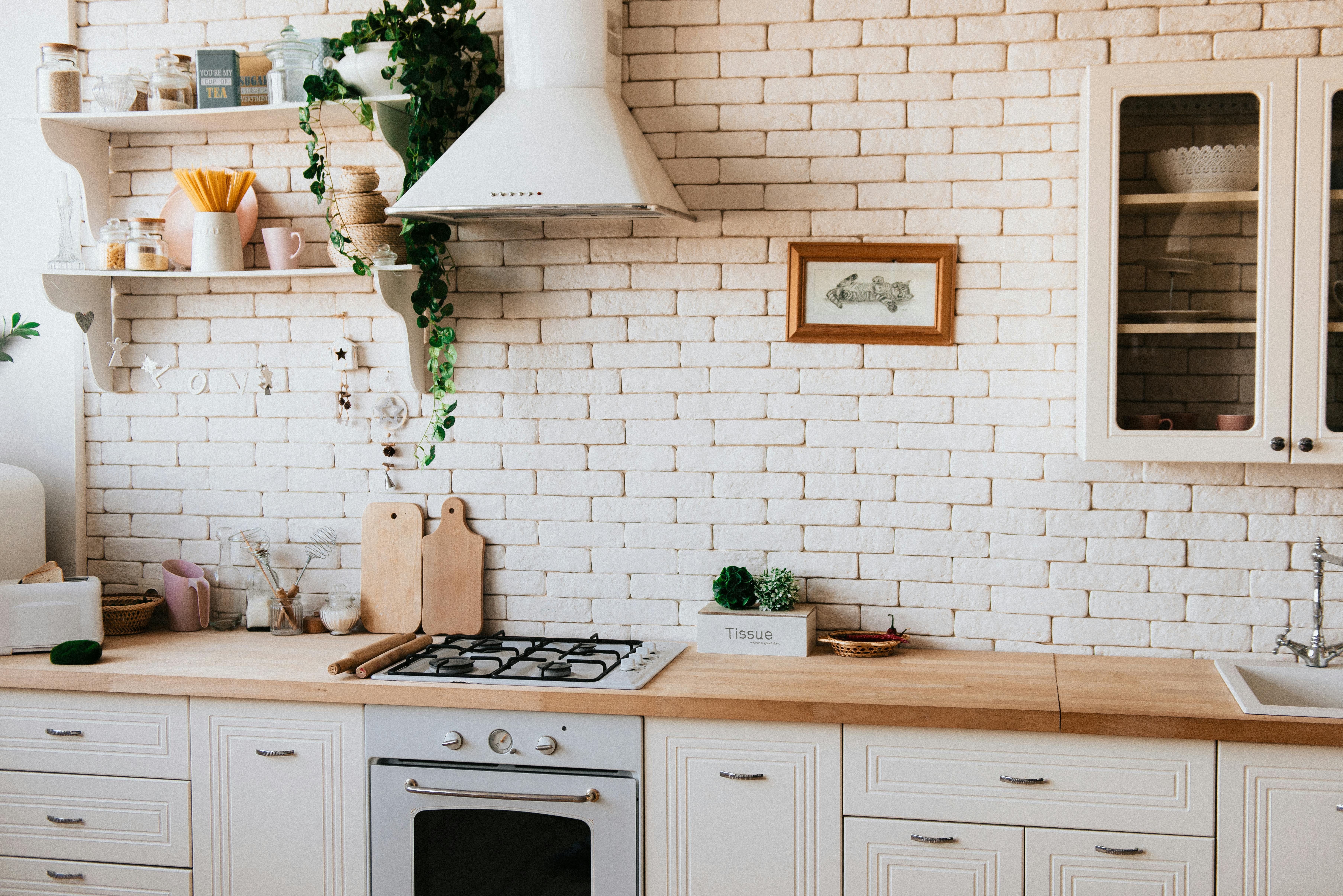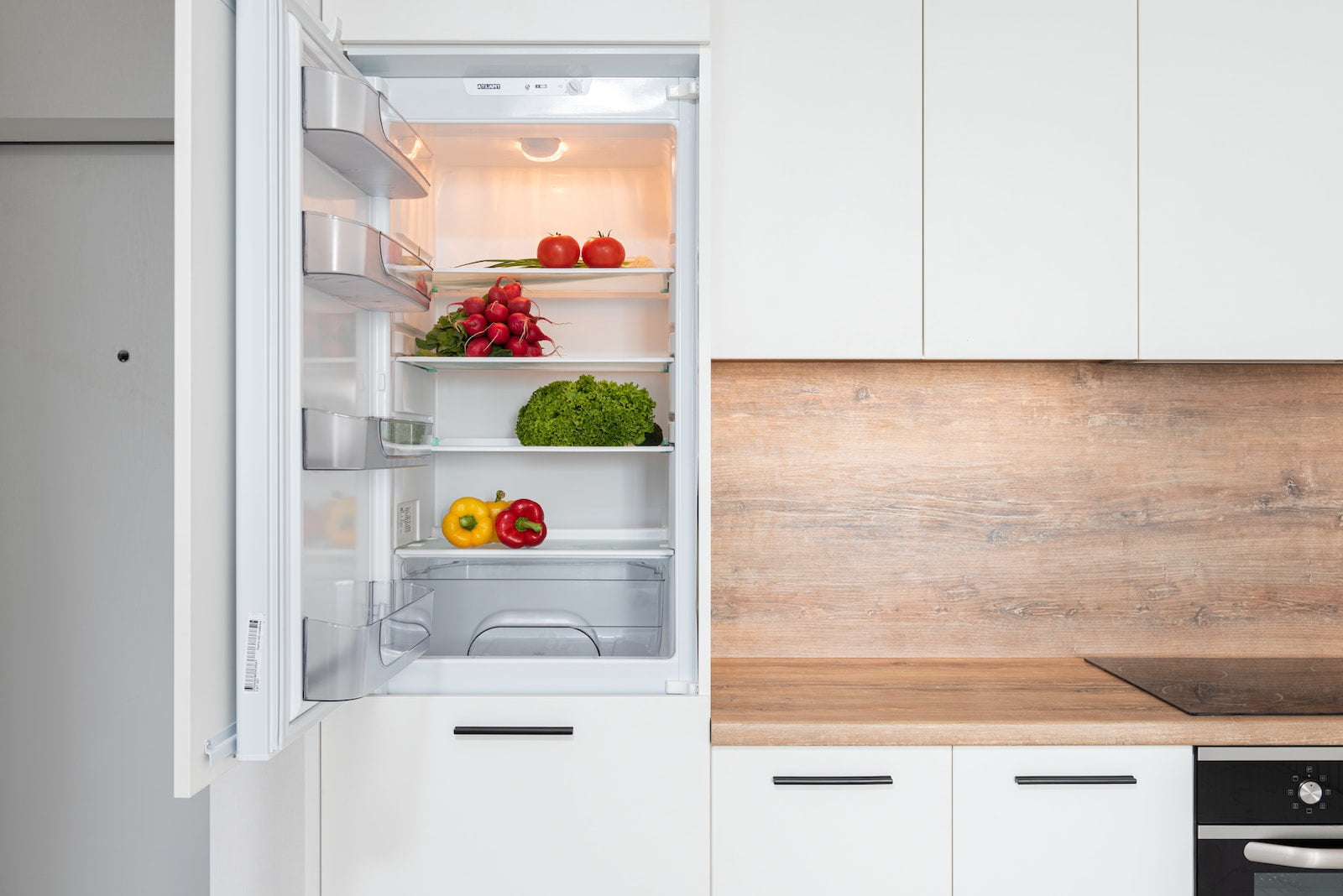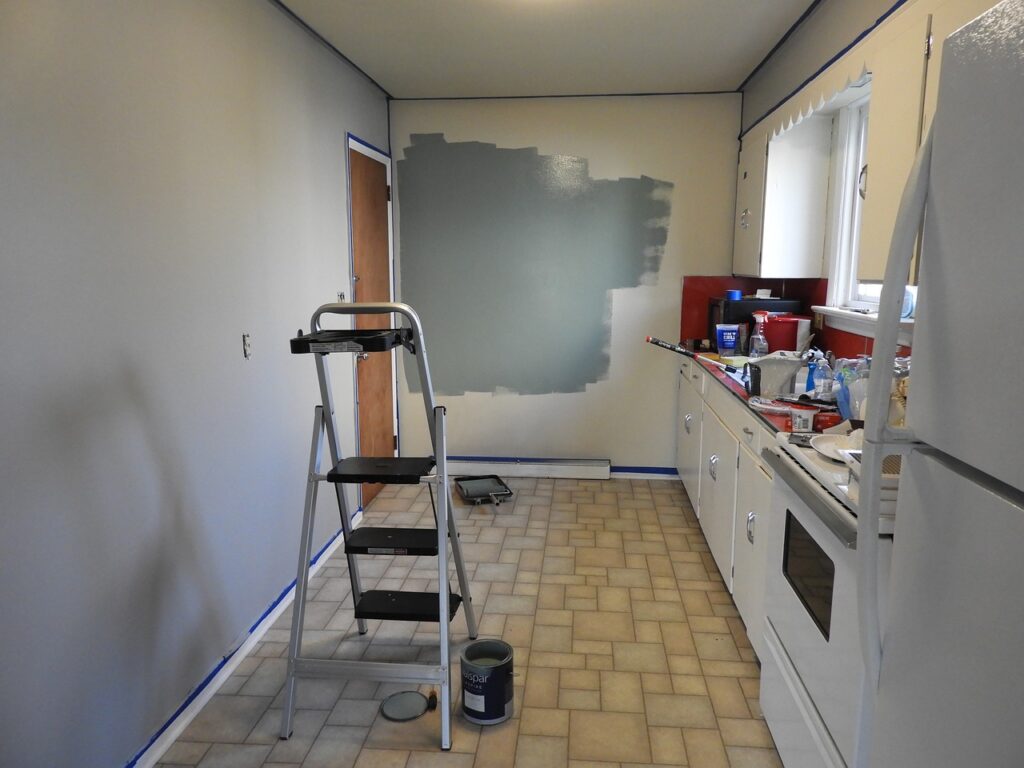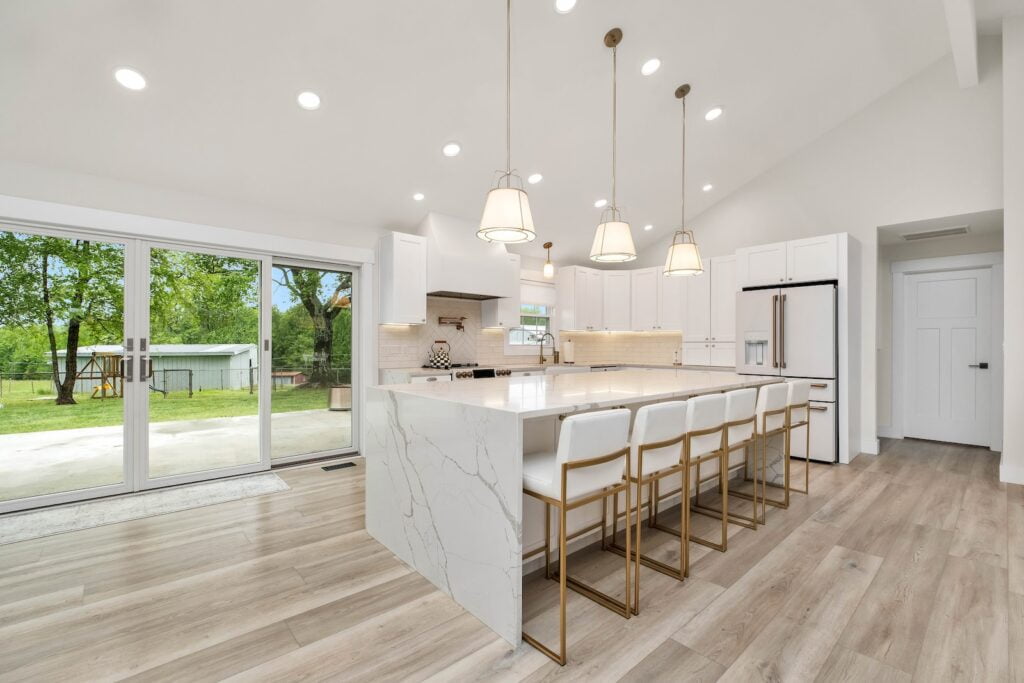So, you’ve finally decided to give your kitchen a fresh new look. That outdated tile and worn-out cabinets have been bugging you for a while now, and you can’t wait to transform this space into something stunning. But before you jump into the exciting world of kitchen remodeling, there’s one question that’s probably nagging at you: how much is it going to cost? Don’t worry, we’ve got you covered. In this article, we’re going to break down the various factors that can affect the cost of a kitchen remodel, from materials and labor to the extent of the renovation itself. By the end, you’ll have a better idea of what to expect and how to budget accordingly.
Average Cost of Kitchen Remodel
Remodeling your kitchen can be an exciting project, but it can also be quite expensive. Understanding the average cost of a kitchen remodel and the various factors that can affect the cost is essential for planning your budget and making informed decisions. In this article, we will explore the average cost of a kitchen remodel, break down the costs by different components, discuss the different levels of remodeling, and provide some cost-saving tips and additional considerations to keep in mind.
Factors that Affect Cost
The cost of a kitchen remodel can vary significantly depending on several factors. One of the primary factors is the scope of the remodel. Are you planning a minor cosmetic update or a major renovation? The more extensive the changes, the higher the cost will likely be. Additionally, the size of your kitchen plays a role in determining the overall cost. A larger kitchen will generally require more materials and labor, thus increasing the expense.
The choice of materials and finishes can also greatly impact the cost. High-end materials and luxury finishes tend to be more expensive than their more affordable counterparts. The appliances you choose for your kitchen can also significantly impact the overall cost. High-end, energy-efficient appliances will come with a higher price tag compared to basic models.
Finally, the cost of labor should be considered. Hiring professionals to handle the installation, plumbing, electrical work, and other aspects of the remodel can add up quickly. Labor costs can vary depending on your location and the complexity of the project.
Scope of the Remodel
When it comes to kitchen remodels, there are generally three levels: minor, mid-range, and major. Each level corresponds to the extent of the changes being made and has a different price range associated with it.
A minor remodel typically involves small updates such as repainting cabinets, replacing hardware, and updating lighting fixtures. This type of remodel is the most budget-friendly option and typically costs between $5,000 and $15,000.
A mid-range remodel includes more significant changes such as replacing cabinets, countertops, and appliances. This level of remodel generally costs between $15,000 and $50,000.
A major remodel involves a complete overhaul of the kitchen layout, including moving walls, replacing flooring, and installing new cabinets, countertops, and appliances. Major remodels can cost anywhere from $50,000 to over $100,000, depending on the size of the kitchen and the materials used.
Kitchen Size
The size of your kitchen is another factor that will influence the cost of your remodel. The larger the kitchen, the more materials and labor will be required. A small kitchen remodel can cost anywhere from $5,000 to $25,000, a medium-sized kitchen can range from $15,000 to $50,000, and a large kitchen remodel can go upwards of $50,000.

Materials and Finishes
When it comes to materials and finishes, the possibilities are virtually endless. The choice of cabinets, countertops, flooring, lighting, backsplash, sink, and faucet can greatly impact the overall cost of your remodel.
Cabinets, for example, can range from stock cabinets that are more affordable to custom-made cabinets that are much more expensive. Similarly, countertops come in a variety of materials such as laminate, granite, quartz, or marble, each with its own price range. Flooring options can include tile, hardwood, laminate, or vinyl, with varying costs.
Lighting fixtures, backsplash materials, and the type of sink and faucet you choose will also add to the total cost of materials. It’s important to consider your budget and prioritize which materials and finishes are most important to you.
Appliances
Appliances are an essential component of any kitchen and can also add to the overall cost of your remodel. The average cost of appliances will depend on the brand, features, and energy efficiency. It’s important to research different options, read reviews, and compare prices to find the best appliances that fit your needs and budget.
Common kitchen appliances include refrigerators, ranges, dishwashers, microwaves, and range hoods. The average cost of a refrigerator can range from $500 to $3,000 or more, while a range can cost anywhere from $500 to $5,000. Dishwashers typically range from $300 to $1,500, and microwaves can cost between $100 and $500. Range hoods can range from $200 to $1,500 or more, depending on the style and features.

Labor Costs
Labor costs can be a significant portion of the overall cost of your kitchen remodel. Hiring professionals such as general contractors, carpenters, plumbers, electricians, and painters is necessary for many aspects of the project. The cost of labor will depend on your location, the complexity of the remodel, and the specific tasks that need to be completed.
A general contractor typically charges a percentage of the total project cost, ranging from 10% to 25%. Carpenters may charge an hourly rate or a fixed fee, depending on the scope of the work. Plumbers and electricians often charge by the hour, and painters may charge per square foot or by the hour. It’s important to obtain multiple quotes and compare prices to ensure you’re getting a fair price for the labor involved.
Cost-Saving Tips
Remodeling your kitchen doesn’t have to break the bank. Here are some cost-saving tips to keep in mind:
- Create a detailed budget: Before starting your remodel, determine how much you are willing to spend and create a detailed budget. This will help you prioritize your expenses and prevent overspending.
- Consider alternative materials: High-end materials may be beautiful, but they often come with a hefty price tag. Consider alternative materials that offer a similar look but are more budget-friendly.
- Do some of the work yourself: Depending on your skill level, you may be able to tackle some of the remodeling tasks yourself. Painting cabinets or installing backsplash tiles can save you money on labor costs.
- Shop for sales and discounts: Keep an eye out for sales, promotions, and discounts on materials and appliances. Timing your purchase right can save you a significant amount of money.
- Reuse or refurbish existing items: If there are elements in your kitchen that can be salvaged or refurbished, such as cabinets or appliances, consider keeping them and giving them a fresh look. This can save you money on replacement costs.

Additional Considerations
Before diving into your kitchen remodel, there are a few additional considerations to keep in mind.
- Permits and regulations: Depending on the scope of your remodel, you may need to obtain permits from your local building authority. Make sure to research and understand any regulatory requirements before starting your project.
- Hidden costs: In addition to the major components of your remodel, there may be hidden costs that can add up. These can include structural repairs, plumbing or electrical upgrades, or unforeseen issues that arise during the renovation process.
- Timeline of the remodel: Understanding the timeline of your remodel is crucial for planning. Consider any potential disruptions to your daily routine and make arrangements accordingly.
- Choosing the right professionals: When hiring professionals for your remodel, it’s important to do your research. Read reviews, ask for recommendations, and interview multiple contractors to ensure you choose the right team for your project.
- Potential return on investment (ROI): While a kitchen remodel can greatly improve the functionality and aesthetics of your home, it’s also important to consider the potential return on investment. A well-designed and well-executed kitchen remodel can increase the value of your home.
Conclusion
Remodeling your kitchen can be a significant investment, but with proper planning and budgeting, it can transform your space and enhance your daily life. By understanding the average cost of a kitchen remodel and considering the various factors that affect the overall cost, you can make informed decisions and create a kitchen that suits your style and needs. Remember to research materials and finishes, compare prices for appliances, obtain multiple quotes for labor, and explore cost-saving tips to stay within your budget. With careful planning and the right professionals, your dream kitchen can become a reality.



